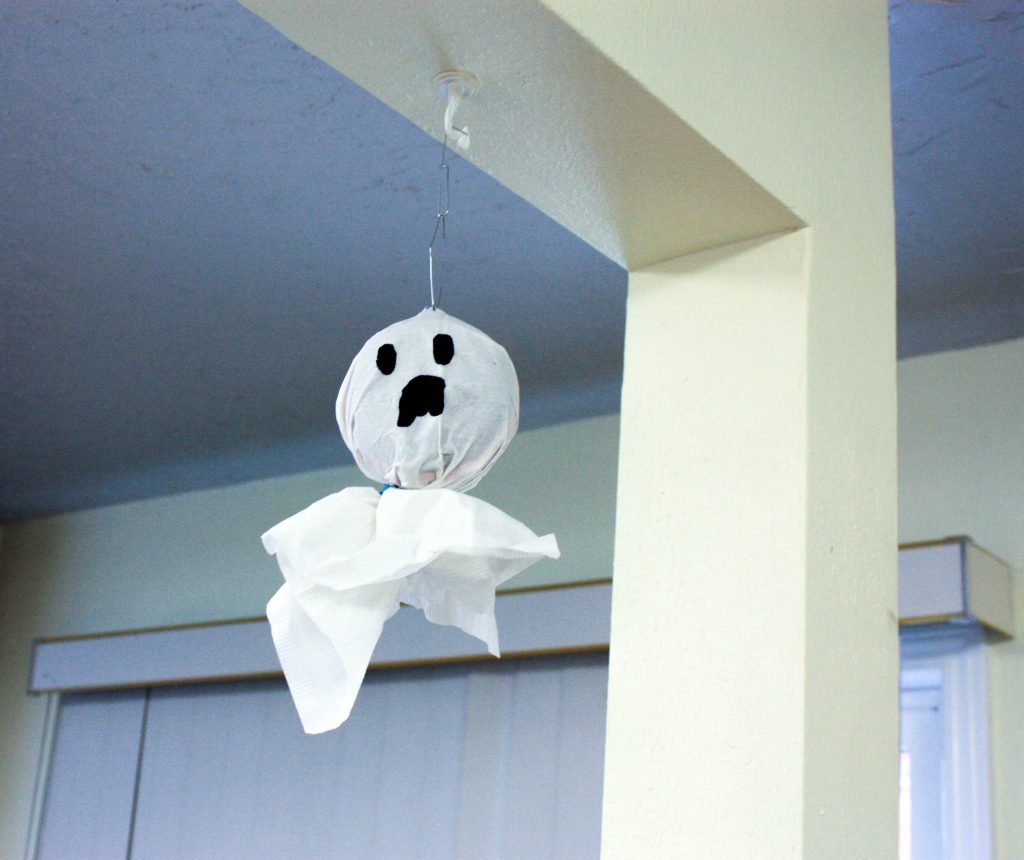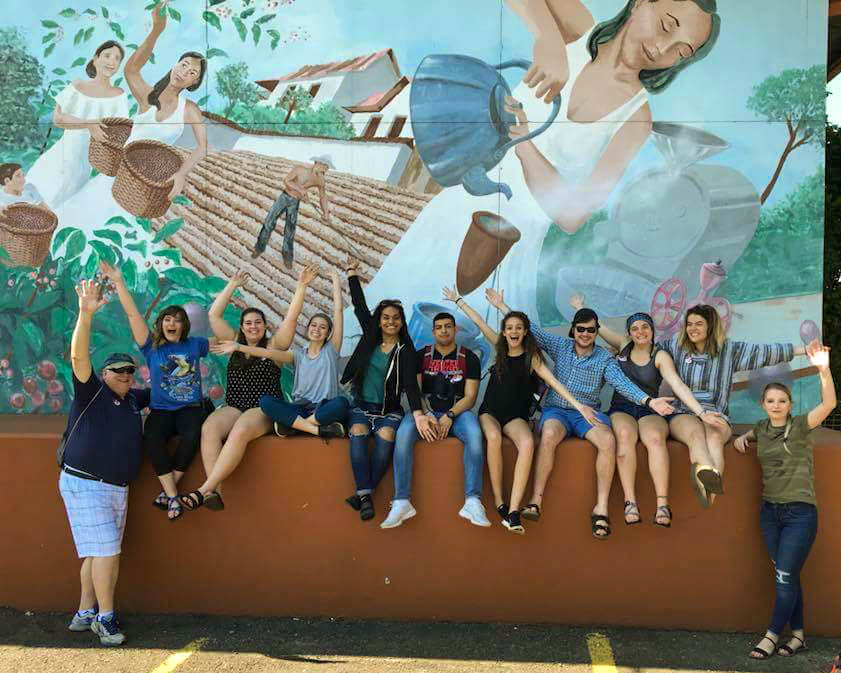
Rylie Horrall | Lifestyle Editor
The Donut Bar is a sweet-treat food truck located at 191 Monmouth Ave. N, just a ways away from the annex of food trucks across from City Hall. It’s a relatively new addition to the plethora of food trucks located in Monmouth, having only opened on Sept. 21.
It’s owned and operated by Eric Brown, who decided to start selling in Monmouth due to his church, Limitless Ministries, and family being located here. The Donut Bar’s target customers are the Western students.
Initially, the idea to sell doughnuts at a food truck was to help with funding the church he attends. The actual decision to start the food truck was based on Brown impulsively buying a trailer he had seen while on a trip to the coast.
The Donut Bar’s menu consists of many featured flavors to try, such as the maple bacon doughnut, the Reese’s doughnut, and a create-your-own doughnut option. The truck’s options are not limited to what is posted on the menu, and customers can inquire about other available flavors.
“We are a full kitchen so we can make (a lot) of things,” Brown said. “(There’s not) really a secret menu but there’s things that are not on our window menu.”
For first time customers, Brown recommends trying the Caramel Apple Pie doughnut or any option with peanut butter as a flavor. He claims their signature doughnut is the Apple Fritter with maple bacon and peanut butter.
The Donut Bar’s menu also rotates seasonally, which gives customers various new flavors to try. Currently, the truck has many fall flavors like the Pumpkin Pie doughnut.
Brown doesn’t plan to stop at the food truck, however, and plans to open a full doughnut shop in Monmouth.
“My father owned 2 (doughnut) shops growing up,” Brown said, “I’ve always wanted to do this.”
The Donut Bar is open from 9 a.m.–5 p.m. on Thursdays and Fridays, and from 8 a.m.–2 p.m. and 5:30–10:30 p.m. on Saturdays. They can be found on Facebook by searching “The Donut Bar”.
Contact the author at rhorrall17@wou.edu
Photo by Brittany Figueroa










